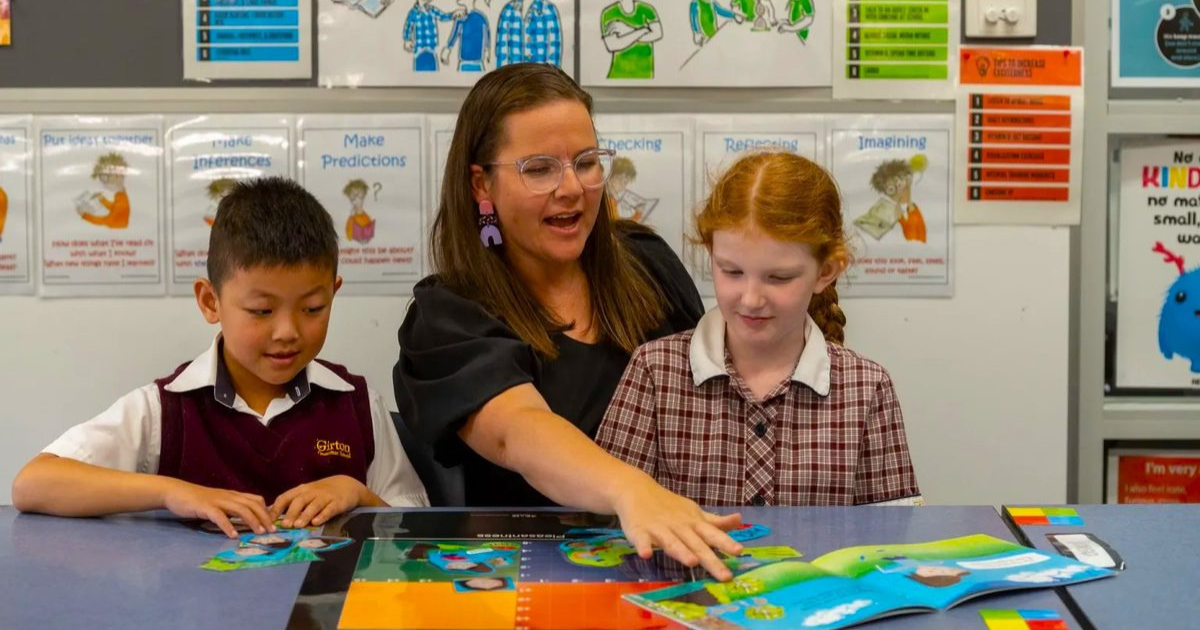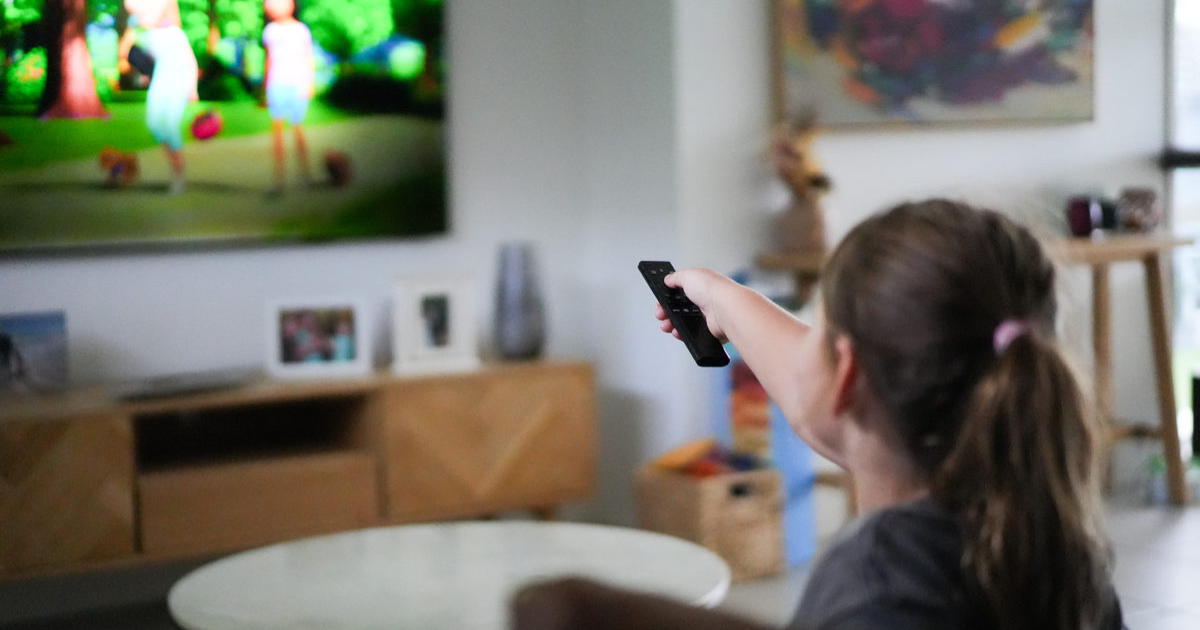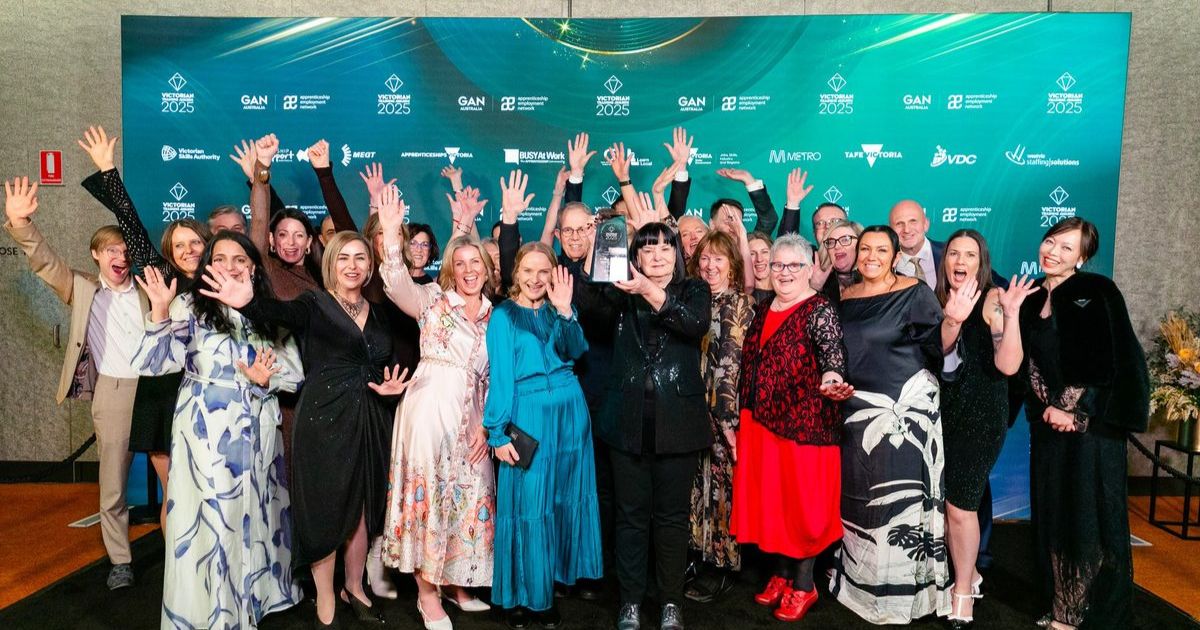Official plan for heritage preservation

Guidance: A formal plan will now steer protection of sites and objects of heritage value like the former John Beebe observatory in Kennington. Photo: FILE
THE City of Greater Bendigo’s efforts to manage and protect local heritage will now be guided by a formal strategy.
In one of their final decisions before next month’s local government election, councillors voted at their September meeting to adopt the Heritage Strategy and Action Plan 2024–2028, which will guide the management and protection of the municipality’s built, natural and cultural heritage.
Cr David Fagg, who chaired the council’s heritage advisory committee, moved the strategy’s adoption.
Cr Fagg said it proposed to seek recurrent funding for heritage studies and document oral histories because it did not make sense for this issue to be a year-by-year proposition.
Cr Jennifer Alden spoke in support of the move, saying that investing in Bendigo’s heritage would create a “richer story” for future generations to understand and value.
The strategy is the first of its kind for the City.
The next four years will focus on setting up solid foundations by reviewing heritage information, updating heritage registers, and ensuring that heritage that has not been studied is listed on future programs.
Residents provided feedback on a draft strategy by ranking their top priority actions and making written submissions through the City’s online platform, while interviews were held with staff that manage built heritage assets, objects, collections and civic heritage gardens, as well as staff responsible for tourism and events.
The strategy features a range of actions grouped under four broad categories of knowing, protecting, supporting and promoting heritage.
Key actions include promoting heritage and heritage venues through tourism events and heritage attractions, and improving public education and awareness of built heritage through a trial financial assistance grant program.
It will share heritage planning knowledge with students and will implement staff training to ensure the City continues to protect Aboriginal cultural heritage.
It will advocate for the reuse and restoration of privately-owned, high-profile heritage sites and historic features such as signs, and will support historical collecting groups through activities such as information sessions and advice.


















